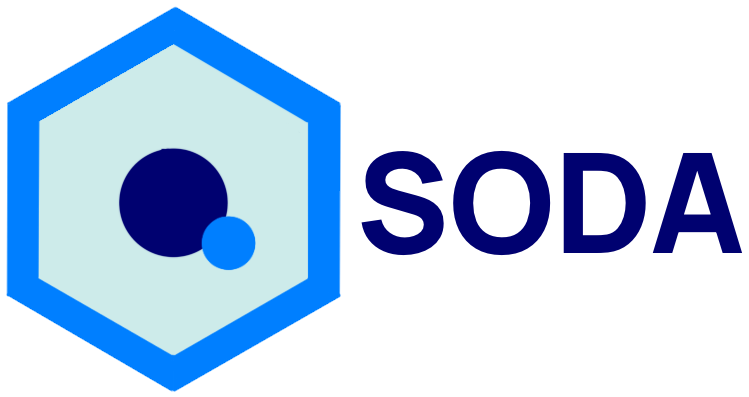SOFTWARE DEVELOPMENT
Why Good Software Is So Hard—And So Worth It
Here’s the uncomfortable truth: most companies can’t develop great software. Not because they lack smart people—but because they lack the system and culture to support them.
Software development isn’t just engineering. It’s artistry, collaboration, and feedback. It requires clarity of purpose, safety to express ideas, and teams that can connect business problems to code solutions. None of that happens by accident.
What makes software development hard? The need for real-time iteration. The challenge of communicating abstract human ideas with exact machine instructions. The difficulty of bridging business strategy with technical architecture. And the ever-present risk that, even when done "right," users still say, "meh" if the experience is not as good as the tools on their smartphones, or digital facts and reports are inaccurate.
But when it’s done well, it’s transformative. Great software unlocks value, insight, and joy. It enables data-driven innovation. It builds trust. It fosters collaboration and creative problem solving. It catapults a company to the front of the competitive pack.
Too often, companies assume software development is just a technical activity—write code, ship code. But real development means understanding the business deeply, collaborating across disciplines, and constantly adapting to change. It’s a social, creative, and cognitive effort as much as a technical one.
The environments where great software is born tend to have three things in common: safety to experiment, clarity of purpose, and respect for the craft. Developers who are rushed, micromanaged, or forced to follow brittle project plans rarely produce elegant, scalable solutions.
Yet, companies keep missing the mark because they mistake jargon for skill, project plans for products, and technical resumes for real talent. They rely on checklists instead of insight, and on third-party vendors instead of building internal capability.
You can’t fake good software. The only true measure of talent is working code that solves real problems and delights real users.
To get there, you need more than engineers. You need architects, designers, product managers, QA testers, agile coaches, and more. You need real product teams that are cross-functional, autonomous, and accountable.
Too often, software development is managed like construction: fixed specs, strict timelines, and success defined by delivery. But software isn’t a pile of bricks that’s used to cement a wall. It’s like documenting ideas that become usable in real-life. You keep shaping them as you learn, as the market shifts, as your competitors catch up, as your customers evolve, and as consumers demands evolve. What works today will be old tomorrow. The best teams embrace that evolution.
Developing software also requires shared knowledge that’s expressed in the simplest terms between technical and non-technical people. Without it, product decisions suffer. That’s why tools like design thinking, story mapping, prototyping, and plain English documentation are not optional extras—they’re essential skills. And then starts the feedback. Good software is built in loops, not lines. Each sprint, release, or version should reveal something new: about users, about performance, about what the system wants to be. Ignoring feedback is the fastest way to irrelevance.
The same applies to internal team dynamics. Engineers for example, must be able to give and receive feedback about code quality, architecture, and design decisions without fear. Blame-free retrospectives, continuous integration, and code reviews are signs of a healthy culture.
Unfortunately, even the best practices won’t overcome bad strategy. No amount of clean code can fix a product nobody needs. Software development must be anchored in real business value. Which means leaders must lead differently. Stop judging teams by timelines and ticket burndown. Start asking: Are we building the right thing? Are we learning? Are our users happy?
Success in software doesn’t come from perfection. It comes from continuous progress towards a valuable outcome. From building in small increments. From testing assumptions. From caring deeply about the user experience.
Ultimately, the maturity of your software development reflects the maturity of your culture. Do you prioritize short-term appearances or long-term capability? Do you value conformity or creativity? Do you empower teams or micromanage tasks?
Great software is never just about code. It’s about people working together with curiosity, courage, and care, from managers to leaders, and from all functions and levels. That’s what makes it so hard—and so worth it!
